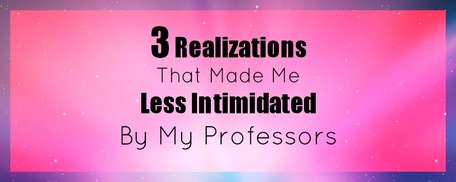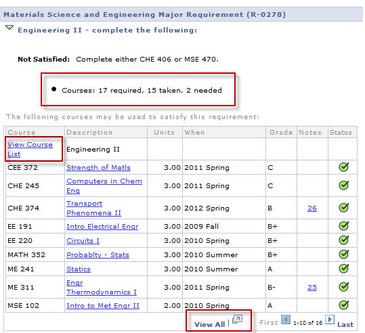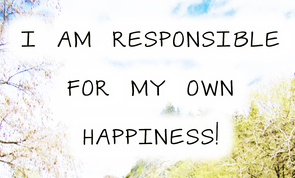Some examples of time sucks:
- Traffic
- Long lines or waiting rooms
- Errands or chores
- Technology or technical delays
- People who stop by or call unexpectedly
And if you're like me, sitting in a doctor's office for 15 minutes past my appointment time or being stuck on the freeway for 45 minutes longer than you anticipated can feel like anything from a nuisance to a gross injustice. We only have so much time in a day; we can't afford to lose whole pockets of it!
We can't always avoid unexpected disturbances or delays, but there are ways to buffer our productivity even in the face of the unknown. Here are a few habits I adopted starting as a college student (and continue practicing today) that help me get more done in the same amount of time:
Bring Work With You
I used to read in line at the coffee shop, when the between-class rush added up to at least 5 minutes of waiting. I'd go to my next class early and do my homework in the empty classroom. Or, I would go the library if I had 30 minutes before I had to be somewhere to respond to emails or do a little research.
And I'm not the only one who does this - my advisor used to send me emails like, "Jessica, I read your paper while I was waiting in the Emergency Room. Here are my comments."
Even now, I tote around at least one managable task with me a day, in case some time opens up to do it.
Have a Notepad On Hand
Take out a notepad and WRITE IT DOWN. You might be pleasantly surprised to find that those few minutes of brainstorming saves you time later because when you go to start a task, you've already thought it through.
I like a pen and paper, but you could also use voice recognition on your phone. Personally I feel ridiculous trying to whisper covert commands like, "FIX PAGE 3 OF PAPER," into my phone, but you do you.
Combine Errands and Chores
We have an energetic dog who needs a long daily walk. I used to lament the lost hour until I realized how easily I could combine other tasks. Now I take calls while I'm walking (and find that the movement actually helps me be a more active participant in the conversation), listen to podcasts about some topic I want to learn more about, or set out with the intention to think through a specific project or problem.
I also have a 5 minute rule that works for me - if I notice something that needs to be done (sweep the floor, send off an email, take the laundry upstairs) and it can be done in 5 minutes or less, I must do it immediately. This works wonders for not letting little tasks add up into one giant chore list that will have to be dealt with eventually.
Anticipate Interruptions
Or do you have a co-worker who loves to drop by after lunch to catch up for "just a minute" - but it's actually something closer to a half hour? If you enjoy talking with this person, but prefer to keep working, why not ask them to meet you for lunch or a post-work coffee? Head them off at the pass.
If you don't care for their company, you can always either a) not be there when you know they will appear or b) greet them with, "Hi! I have 2 minutes - what's up?" It's ok to let someone know you have x amount of time up front and stick to that limit.
Traffic isn't that unexpected if you leave for home at 5pm when everyone else is also getting onto the highway. Pop in an audiobook, listen to a podcast, take the time to think through a work assignment, or schedule a call (if you have a hands-free device).
But actually, I love my down time. I love doing nothing purposeful or work-oriented. And I can best afford to do this on a reliable basis when I take advantage of the minutes that present themselves, rather than wait for more time to magically appear.
We don't need more hours in the day to get everything done - we just need to find ways to convert the minutes we already have into more useful ones.























